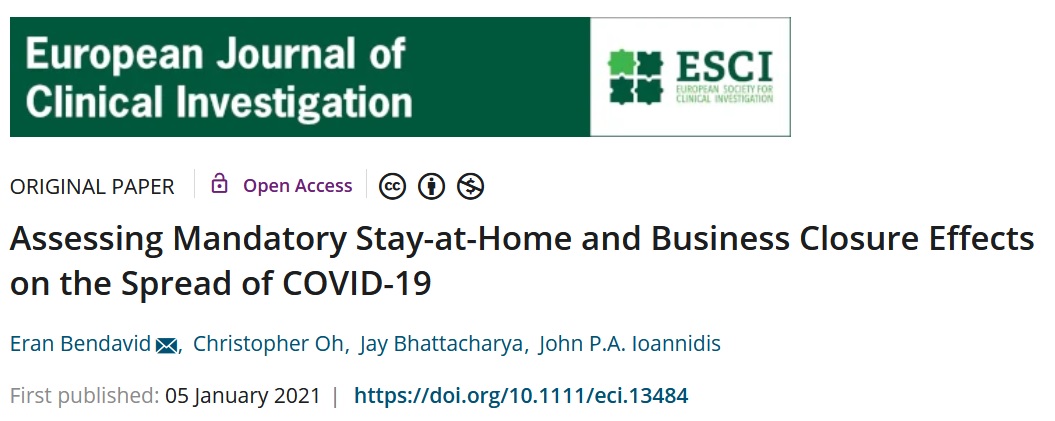
1) I've been irritated by this and a related thread which suggested very low IFRs even at higher age and some unexplored resistance to severe covid in India. So I'll just crunch some numbers to explain why these claims don't make much sense to me.
https://twitter.com/VincentRK/status/1361846711715586050
2) Clearly, everything hinges on the covid-19 death count in India being halfway accurate. Prof. Rajkumar suggests 'you cannot undercount ten times the death rate'. But can you? A look at the case undercounting might be helpful - if lots of people aren't tested, will bodies be?
3) A recent serosurvey suggests 21% of India's 1.353 billion people have had covid. This makes ~284 million true cases. In the past half year before the survey, India officially counted ~10 million cases. So cases were undercounted by a giant factor of 28! indianexpress.com/article/india/…
4) Similar to virtually all other countries, the case undercounting was even worse in the early stage of the pandemic - but the factor of undercounting was way larger than in western countries for which we have seroprevalence data. science.thewire.in/the-sciences/i…
5) Given this massive case undercounting, I find it questionable to just take covid-19 deaths as given and result at very low death rates. Simple sniff test: If testing was so constrained during the entire pandemic, wouldn't you start cutting corners in testing bodies?
6) Good news: India is scheduled to perform a population census in 2021. So at least overall mortality could soon be assessed: If there were fewer old people than there should be according to some modeling, something might have happened... en.wikipedia.org/wiki/2021_Cens…
7) However, even that will not be clear-cut. Ex.: 20% of 1 million people at age 75 catch covid and 5% of the infected die = 10,000 covid deaths or 1% of the 1M. But mortality is very high in India at that age in general, so in statistical terms, we might not find a difference.
8) In addition, can we be 100% certain that the population or death statistics won't be fixed a little bit here and there? I wouldn't be. blog.twitter.com/en_in/topics/c…
9) As questioning governmental statistics seems to trigger quite some people, which does not really speak in favor of the data reliability, another 'left-leaning' source. And a dose of Copium. thehindu.com/opinion/Reader… 

• • •
Missing some Tweet in this thread? You can try to
force a refresh















